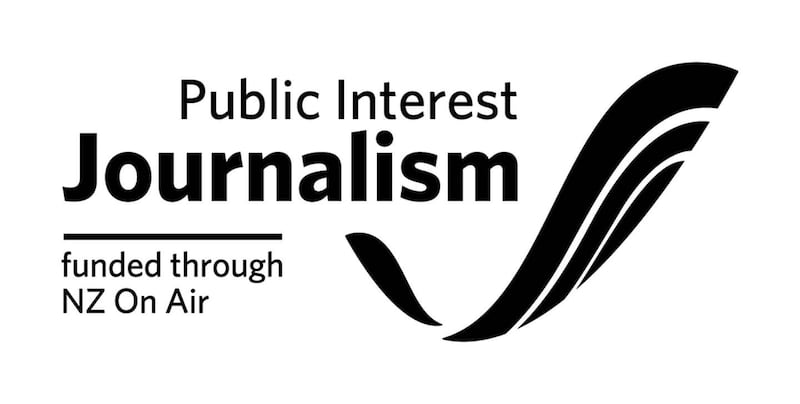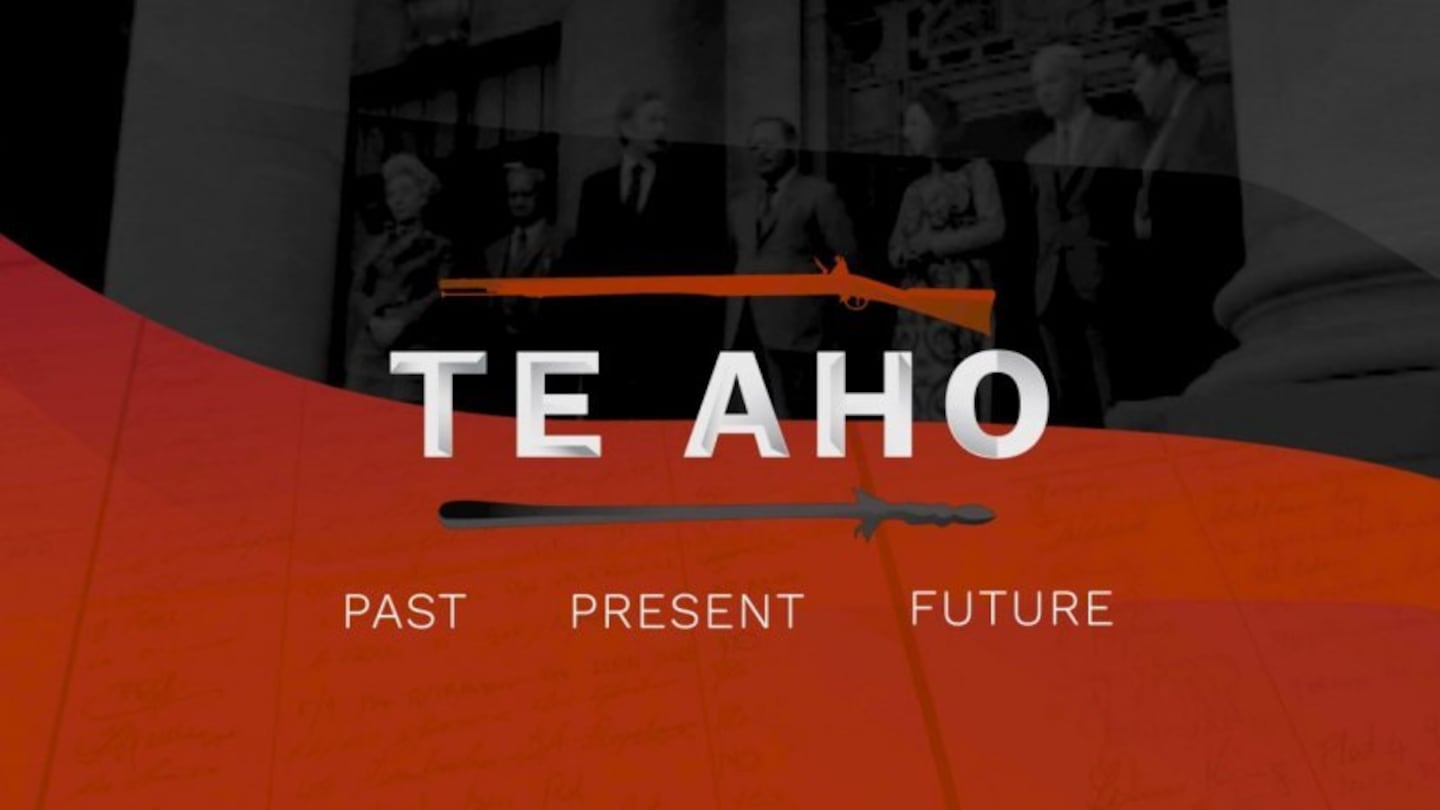One of the most important fights of the 20th century in Aotearoa was for the survival of te reo Māori.
A Treaty of Waitangi claim in 1984 and the subsequent Māori Language Act in 1987 secured the protection of this precious taonga.
But the fight had begun more than a decade before.
Today's Te Aho special looks at where the language has been and where it's going.
Professor Tom Roa (Waikato, Ngāti Maniapoto), who was a part of Te Petihana Reo Māori/Māori language petition march in 1972, says: “We attended a hui at Takapūwāhia. Te Ouenuku Rene said to us, when he dies and the Lord asks him what happened with the gift that is te reo that was passed down from the Lord to his ancestors, parents and himself, what would his answer be?
“That has resonated with me since then.”
Te reo Māori: a taonga that was fought for, retained and is now flourishing in Aotearoa.
'A living language'
Māori Labour MP Peeni Henare ()Ngāti Hine, Ngāpuhi) remembers a saying from his grandfather: “The language is the cloak cast by our thoughts that creates pathways into the world.”
“It is a living language, a language that will carry us into tomorrow. That is why I think it is important that we don't only look to the past but look also towards our future and how te reo Māori can foster our mana and our identity.”
Though Professor Roa says he gets lost with the modern version of te reo Māori when his own children speak it, he is still adamant that it is te reo Māori.
"The sound is Māori, the vibe is Māori - the words, maybe not so much, they're a bit new to me, like those we hear from the likes of Scotty Morrison on Te Karere and elsewhere, but to me it is still obvious that the essence of the Māori language is there."
Henare says te ao Māori and te reo Māori can’t exist without each other.
“We have a new world in front of us that will involve te reo Māori, and the world that Māori will live in - they will go hand in hand.
“I see that in my children. Some of the older generation, myself included, have some concerns but it is why I keep saying to my children: 'The world is your oyster'.”
Not only te reo Māori as a whole but also dialects within hapū and iwi are equally important, Roa says.
“To answer the question from that kaumātua, Te Ouenuku, 'the language is alive in my home, in my whānau and in my hapū.'”




